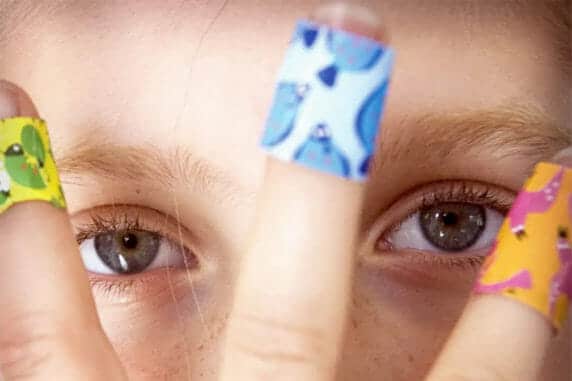Are you happy? Fewer questions are more open-ended or catch us by surprise than this one. How happy should we be and how often? Our usual instinct is to say “yes” — but we probably answer more reluctantly than usual. It’s a moment when it’s almost impossible to not compare the life
A magazine dedicated to the brain.
We believe that neuroscience is the next great scientific frontier, and that advances in understanding the nature of the brain, consciousness, behavior, and health will transform human life in this century.














